Two evolutions in technology will change the relationship between customers, whether retail or fleet, and their cars, according to Nissan.
Speaking to Fleet News at the Geneva Motor Show, Jean-Pierre Diernaz, Nissan Europe vice-president marketing, pointed to connectivity as a short-term change which would enable people to do much more with their car and use it in a different way. Examples include subscription marketing, financing schemes and optimisation, such as car sharing.
Step two will see autonomous driving, enabling people to “re-edit the time they spend with the car”. It could become an extension of the office or offer an opportunity for people to “have a moment for themselves”.
Diernaz said: “Connectivity is a game-changer for us. We will move from a couple of gigabytes of data every few month to millions per day. We have to manage that.
“Once you have the data, you understand the relationship the consumer has with the car – what they use, how they use it, the number of passengers, how often they use the boot or glovebox. We can feed that back to the engineers.”
Instead of speaking to the customer only when they buy or service the car, Nissan will be able to have daily conversations, dramatically changing the relationship. This creates an opportunity for contextualised marketing.
“We will be in a position to propose services that you need at the moment you need them,” Diernaz said. “For example, going from A to B, we can propose and book parking and put the location into the sat-nav.
“So, suddenly, we are in a position where we transact with the consumer – it’s the Amazon business case.”
Connectivity will generate contrasting financial solutions, such as daily or hourly rates or contracts where customers can switch from one car to another.
“In a year’s time, almost every new car will be connected,” Diernaz said. “We see new financing schemes coming within the next 15-16 months.”
Contextualised marketing pilots are set to begin in 18 months’ time with a launch scheduled for around two years from now. Services range from deliveries of Amazon packages to the car boot, accessed via a unique code – something that is already possible – to advertising agreements with restaurants to beam information and offers into the car.
Nissan is already piloting shared ownership schemes in France for the Micra, where the same car can be driven by two or three people.
“We tried to find people that have complementary usage of the car, for example, one uses it on a Monday and Tuesday, another on a Thursday and Friday, so we propose they buy the car together,” Diernaz said.
“We have done proof of concept and we have sold some cars like that but it’s complex - they have to agree on colour, engine, etc. Co-ownership will probably come but today it’s not super mature.”
He added: “It is a solution of flexibility but the reality means it’s rigid within the current system of when you can actually use the car.”
The next step is to offer the ability to buy mileage from Nissan as a brand and then choose the car.
“So you buy Nissan and then for a monthly payment you can move from Qashqai to Leaf to X-Trail via an app with a one-click solution. This is what we will try to look at in the near future,” said Diernaz.

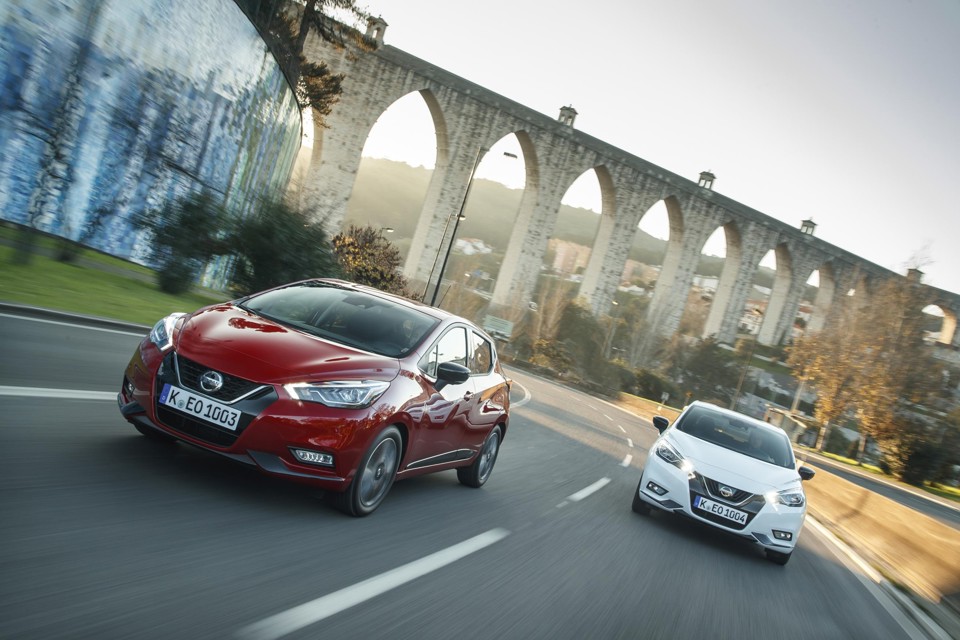



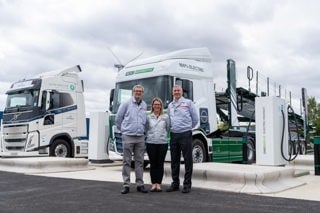
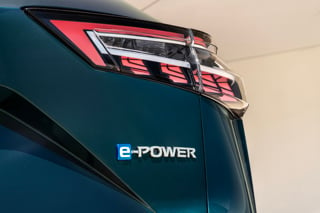
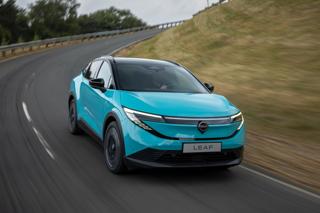

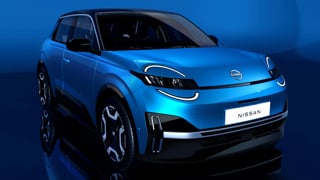












Login to comment
Comments
No comments have been made yet.